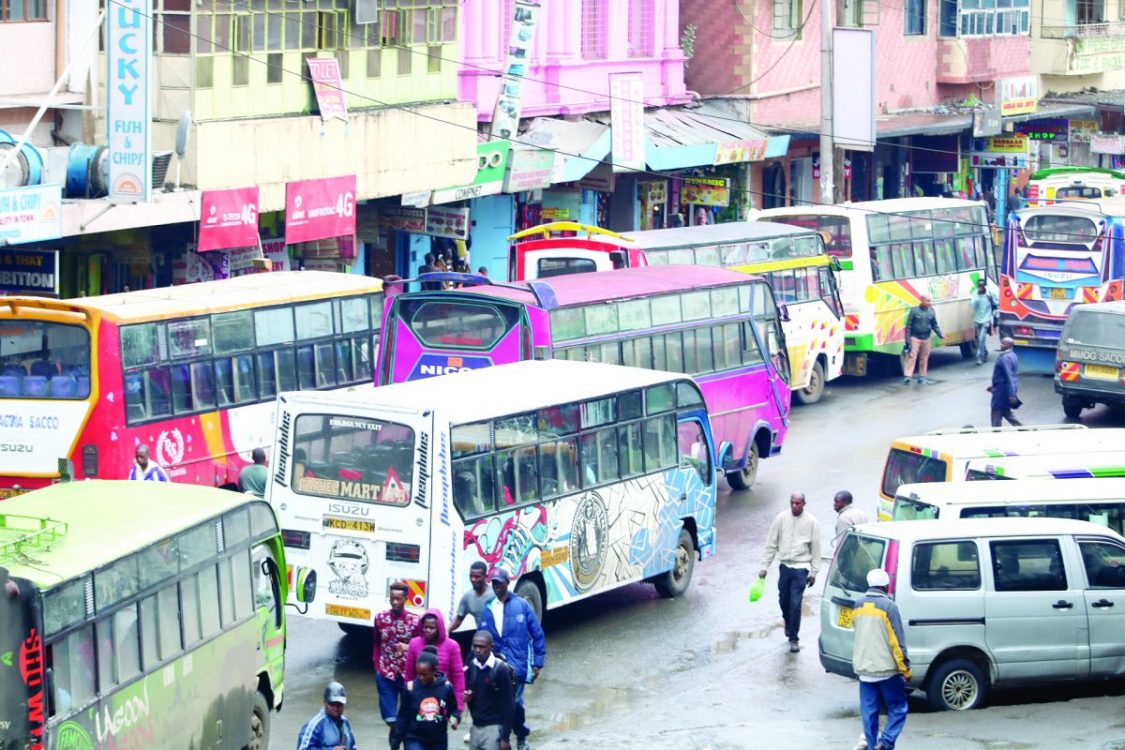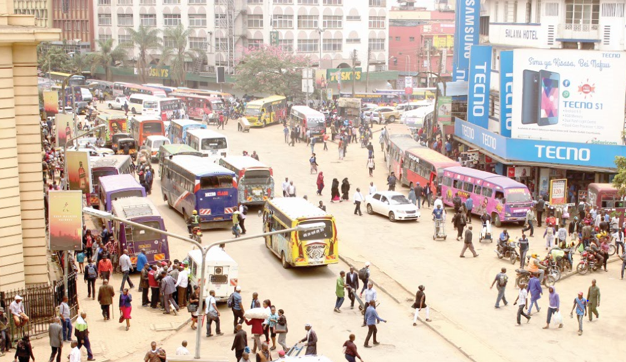New disruptors threaten matatu racket

The matatu business has been rubbished ad nauseam over the years for its thuggish culture. Most of the vehicles are dirty, bedbug-infested ramshackle death traps.
The uncouth crew play deafening and obscene music. Drivers have no respect for road rules. Owners are part of cartels that undermine any attempts at sector reforms. And so on.
Long gone are the days when matatu operators were seen by officialdom as a key entrepreneurial group helping the nation on its development path. Now matatus are just tolerated because millions still rely on them for transport and the sector employs many young people who would otherwise become a tinderbox if they didn’t have anything to do.
But many matatu customers have always fantasised that wily disruptors would emerge from within the racket or outside and make things better. If we have to live with a beast, then it’s better to have one that we can live with.
Boda bodas had the potential to jolt matatu owners out of their crude complacency. Their numbers have swelled over the years, and they have taken a substantial bite out of the matatu business. They are an assertive competitor – ‘a note starts with a coin’ seems to be their mantra.
Unfortunately, boda bodas have adopted many of the same maddening behaviours of matatu drivers, and invented their own, to boot. Driving on the wrong side of the road. Making illegal turns. Zooming in and out of traffic. Parking their motorcycles wherever they want. Modifying tail pipes to make sounds that draw attention, or simply to irritate senior citizens and the authorities.
There must be a sane, more imaginative transport entrepreneur out there. Someone who can keep a vehicle clean (we are a nation of low expectations), load it with the number of passengers it was built to carry, and get them to their destinations safely.
Enter the ‘Noahs’. That of course refers to the Toyota Noah, although these privately owned minivans are actually a mix of brands and models. Their informal entry into the matatu business (they have no PSV licences and are thus operating illegally) is intriguing, and promises a different kind of potential disruption.
At the very least (setting aside worries about the law and insurance), they offer a more comfortable alternative. These vehicles are becoming more noticeable – not just in the sense that there are more of them on our roads but also that they are no longer surreptitious pirates seeking to grab some business from the established boys.
These vans can carry up to 10 people. I hear Kenyans are buying them not as vehicles for family weekend trips to the market or picnic but specifically as intended carriers of paying passengers.
They have several advantages. They are comfortable, and the seats are large enough for Kenya’s burgeoning waists. They are more respectable, as they don’t possess the notoriety of Sientas or Proboxes. They can easily escape the attention of even hawkeyed traffic cops. And even if a cop stops the driver, how is he going to prove that the passengers are paying customers?
This holiday season, operators of the ‘Noahs’ seemed more self-assured, and were no longer merely whispering to reluctant travellers and seeking to lure them away from bus and ‘shuttle’ operators who dominate the main routes.
In Nairobi, they could be seen parked in their numbers right next to the main departure and arrival points for the major passenger transport operators. On Christmas Eve, as a drizzle waxed into a shower, several of them sat immaculately on a parking lot near the Haile Selassie-Moi roundabout, hiding in plain sight among taxicabs and matatus and easing in customers.
Not surprisingly, matatu racketeers are grumbling about these unregulated operators worming their way onto their turf. That tells me that they’ve been wounded already – hit if not in their wallets at least in their ego. This is how change starts, with a subtle assault. A man is free to dream.
— The writer is a Sub-Editor with People Daily















